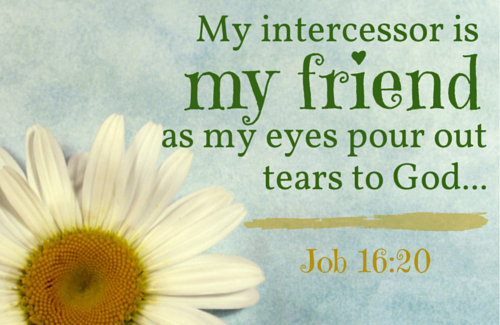When I was 18 years old, my boyfriend died in a car accident. We were together since my junior year; he was my high school sweetheart. It happened just two months after I finished my freshman year in college. People said long distance relationships don’t last, ours did.
I was devastated. I felt empty and hopeless.
My group of friends was shaken by what happened but thankfully they rallied around me in the days following the news. They drove me where I needed to be, listened when I talked, and hugged me while I cried. As time passed however, everyone moved on with their lives, but I was stuck, still hurting.
The hole was too big, the pain too great to handle on my own. Only a few walked the long road of healing with me.
Many of my other so-called friends distanced themselves. Looking back, I don’t blame them. They were young and not equipped to help a friend who was experiencing grief. I am sure they wondered if they should mention my loss and if so, what should they say.
A few weeks ago, I shared how I talked to my daughter about choosing good friends and being one herself. I gave her a great foundation, but as she gets older there is more she’ll need to know. When she’s in her teens she may encounter a friend who’s hurting and needs help or support.
For example, she may have a friend who has an eating disorder, is battling depression, or coping with an illness. She might even know someone who is experiencing sexual abuse. Will she know what to do or say? Will I know what to tell her if she asks me for advice?
I don’t have all the answers but I do know a great place to find some of them. In the book How to Help Your Hurting Friend, Susie Shellenberger shares what she has learned from years of experience as a youth pastor and high school teacher. She provides practical faith-based advice for teenagers wondering how to respond to their friends who are coping with crises
This book is a valuable resource for both teens and their parents.
I couldn’t have made it through the loss of my boyfriend without the support of my close friends. They were compassionate enough to listen, smart enough to suggest talking to a professional, and wise enough to tell me when it was time to let go.
I know first hand that a good friend, who shows the love and wisdom of Christ in a tough situation, is priceless. With the help of How to Help Your Hurting Friend, maybe your teen can be that kind of friend for someone else.
* * *
Your Turn
There’s no getting around the fact that in this life we will have troubles, trials, and suffering (John 16:33) and so will our family and friends, coworkers and schoolmates. Helping your friend can be a challenge, but we can be that friend – the one that is there, listens, and is the shoulder to cry on. Part of parenting is teaching our children how to be that friend, too. How have you talked with your kids about helping others through struggles and difficulties? Join the conversation on our blog! We would love to hear from you!


